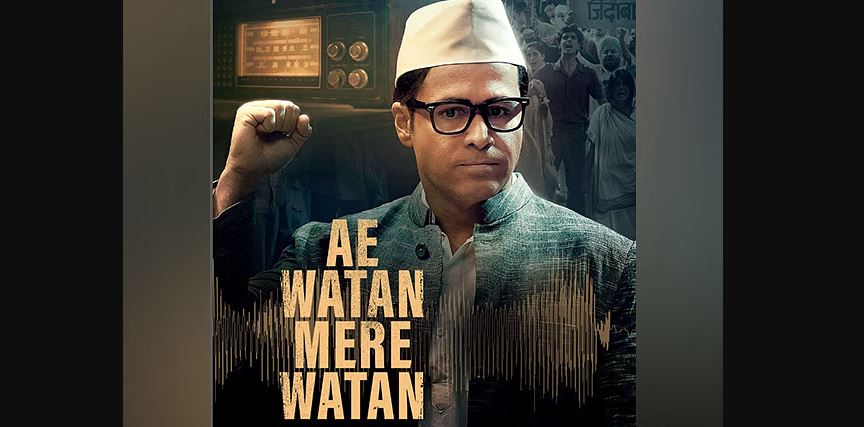Crew movie review: Kriti Sanon keeps up with Tabu and Kareena Kapoor Khan, who effortlessly walk the fine line between need and greed, while Tabu is chaotic in her elder woman persona.
Three ladies, maneuvering through turbulent seas, diving, jiving, and shucking with grace, all the while maintaining their swift footedness AND enjoying themselves—and ensuring that we do, too—can you imagine? Now take all of my money.
Karisma Sanon’s Divya Rana, Geeta Sethi (Tabu), and Jasmine Bajwa (Kareena Kapoor Khan) are among the crew members of Kohinoor Airlines, a barely disguised version of the now-defunct real-life Kingfisher Airlines, whose chairman (Saswata Chatterjee) is an even more subtly disguised version of the ‘bhagoda’ billionaire Vijay Mallya. The writers of the movie, Nidhi Mehra and Mehul Suri, don’t really care to hide anything; they just label their character, Vijay Walia, who runs away and files for bankruptcy, leaving thousands of workers in the dark.
A variety of personalities appear as and when needed, as befits a caper-cum-heist. That also applies to guys who politely trail behind, allowing women to walk ahead. The goal of home cook Arun Sethi (Kapil Sharma) is to open his own restaurant in Goa. Jasmine is a girl who never stops wanting more. She obsesses over things like the Beemer and the LV bag, even while her adored grandfather (Kulbhushan Kharbanda) babbles on about what really matters. Additionally, Jaiveer (Diljit Dosanjh), the enamored customs officer, refers to her as “Divya Rana from Haryana,” despite the fact that she is a phony. Dosanjh, with his distinct grounded sexiness, and Sharma, who has demonstrated that he can be a good actor, are both true assets since they understand their roles.
Our trio dives straight in when it comes to gold-barreled bags and completely illegal activities in the posh Al Burj, which feels like a stand-in for splashy Dubai (why not simply name it that, or is even that not allowed anymore?). Naturally, they will eventually run afoul of the long arm of the law. Now what? Is jail not bail?
The writers avoid allowing viewers to linger on the many plot twists and easy-to-fall-through loops that the characters are forced to go through by keeping everything fast-paced, sharp, and, at times, sitcom-like. The sentimental scenes that give the movie its emotional core are not overdone: an air hostess (Pooja Bhamrrah), assisted by his complicit right hand man (Rajesh Sharma), has to deal with the humiliation of her child being expelled from school after losing all hope of receiving her outstanding money from the fugitive Mallya, oops Walia.
For the love of all things sacred, though, why are there so many obnoxious product placements? You want to scream because they make everything look clumsy and artificial, especially in a movie where everything is going so well. Very unfortunate; please, manufacturers, don’t. What a waste of that outrageous classic, too: the “choli ke peeche” reprise is boring.
Thankfully, our women come to the rescue: Sanon is elevated and able to hold her own in their company. Tabu, who is so at ease in her older lady avatar as the most senior member of the group, and Khan, who effortlessly walks the fine line between greed and need, are a riot. These actors exude a lived-in quality, as though they have actually completed dozens of flights together. They are the kind of women our movies need more of—butterflies and bantering, speaking their minds without fear, fully owning their age (cue “layers of foundation not hiding the years” jokes), as well as their bawdiness and vulnerabilities.
The most fun I’ve had at the movies lately, net net, is watching these three air hostesses with the mostest in a lighthearted comedy with lots of self-aware laughs sprinkled throughout. Exactly what I needed to chase away the depressing clouds of the last several bad Bollywood films.
Cast of the crew movie: Tabu, Rajesh Sharma, Saswata Chatterjee, Kapil Sharma, Pooja Bhambrrah, Kulbhushan Kharbanda, Kareena Kapoor Khan, Kriti Sanon, Diljit Dosanjh,
Rajesh Krishnan, director of the crew movie
Crew: A three and a half star film
With inputs from Indian Express!









